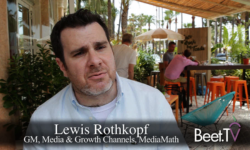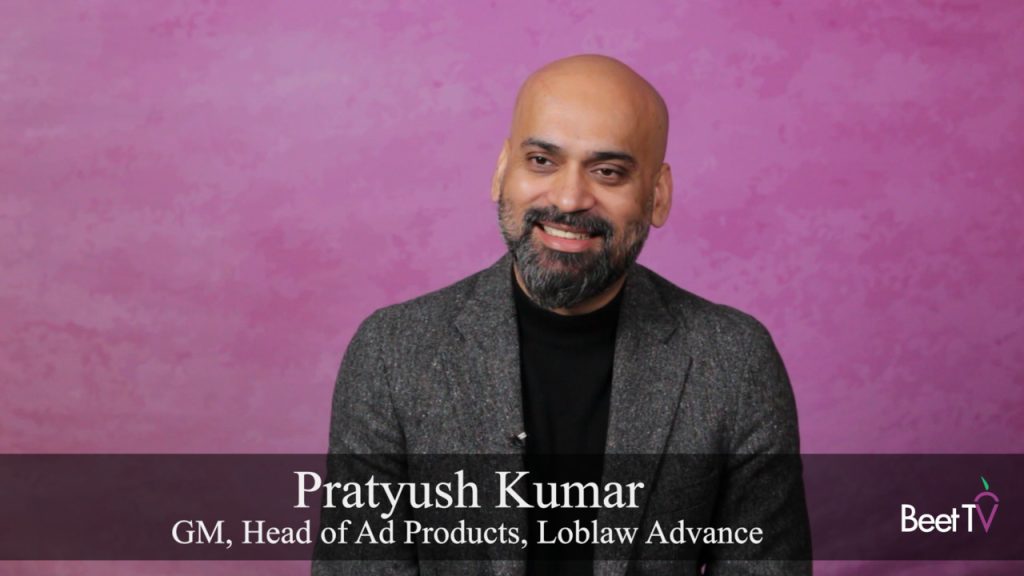It may be a law conceived in Europe to protect European citizens – but many ad-tech companies, whose data processing capabilities may be impacted by GDPR, are now operating on an assumption that similar considerations should apply more broadly than just Europe.
Over the last couple of years since GDPR passed, we have seen a spectrum of readiness from ad-tech suppliers, from blithe intransigence to full-on re-tooling. For MediaMath CEO Joe Zawadzki, change is inevitable.
“Yeah, it’s going to change things. It’s going to change things. Yes, of course,” he says. “In the short term, it’s painful. It’s work to comply (with) and it’s work to figure out what it means and how to actually create the standards and create the terms of trade, and change all of your contracts with your clients, and push those things through to your partners and your supply chain.”
The likes of MediaMath can do that, Zawadzki says, but GDPR’s response requirements have created two tiers of suppliers, with less-wealthy companies relatively unable to respond.
“Obviously it rewards people with the scale to invest the incremental resources necessary in order to do that,” he says. “That will have a negative effect on the smaller companies, and I think you’ve seen some of that with people retrenching out of Europe. I think that’s a short-term pain overall.”
For the ad-tech companies which are able to respond, it’s all about going all-in. Zawadzki says GDPR is forcing companies around the world, whether they hold Europeans’ data or not, to develop a much more explicit relationship with their consumers. In the GDPR age, there can be no two-tier brands, he suggests.
“If you’re a global business, it’s not okay for Europe to go one way and the US to go another way, and then every other country to kind of figure out how it wants to navigate these things, he says.
“If you’re supporting a Proctor and Gamble, if you’re supporting an IBM, you need to sort of elevate that, to say ‘what is the appropriate answer for the globe as a whole‘?”
This video is part of a series titled The Consumer First, a New Era in Digital Media presented by MediaMath. For more from the series, please visit this page.







































